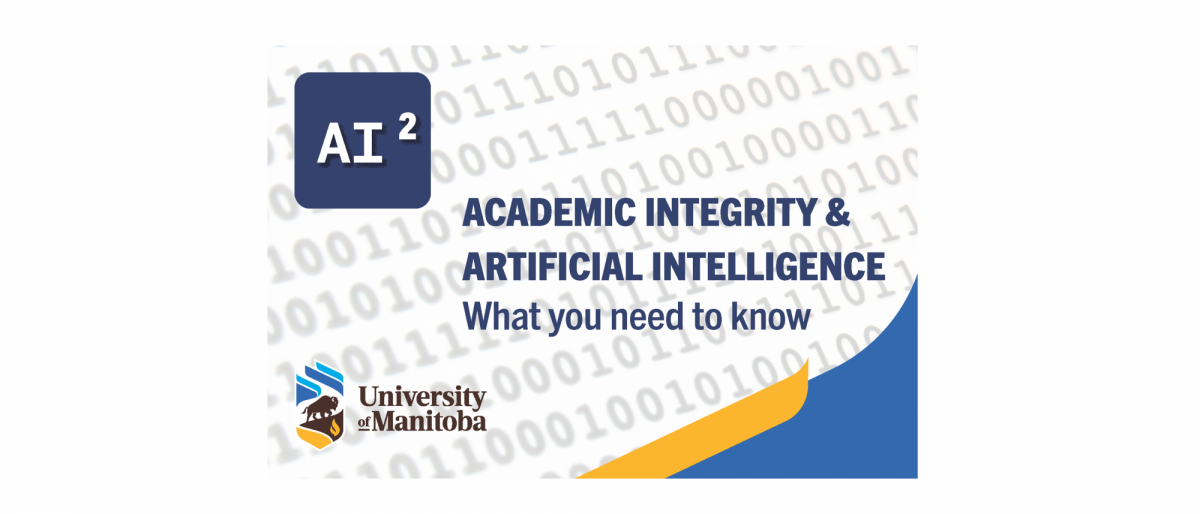
Academic Integrity and Artificial Intelligence
What students need to know
You’ve probably used AI tools without even knowing it – Grammarly, Google Translate, Quillbot, Jasper, auto-complete and grammar checker. But now, there are more sophisticated AI tools available, like ChatGPT and DALL • E, that are able to create content in ways never seen before. ChatGPT has attracted a lot of attention recently, including commentary from celebrities and well-known authorities. Actor Ryan Reynolds used Chat GPT to write a script, musician Nick Cave wrote a viral blog post on why AI could never replace artists, and one of the largest scientific, academic journals not accepting ChatGPT as authors in any publications.
Francois Jordaan, a UM Academic Integrity Specialist, says, “Students are asking if and how they can use these new AI tools to compete coursework. For example, students want to know if they can use these tools for inspiration, to get started or as a reference guide? Or, can they submit parts of AI-generated work if the context allows? If so, how do they cite it? Does using AI allow them to still work with integrity?” Jordaan explains that, “As with other forms of collaboration, the lines between appropriate and inappropriate can get blurred. The answers aren’t always black or white and context is everything.”
Here are some guiding principles for maintaining academic integrity in relation to artificial intelligence..
- AI does not replace your own thinking, analysis, or judgment. Using AI inappropriately doesn’t demonstrate your understanding of a topic and it doesn’t help you learn the skills that are expected of you both within the classroom and in the workplace.
- Whether or not AI use is appropriate depends on your instructor. Unless you are asked to use AI on a course assignment, assume you are not allowed to use it.
- AI can be detected. There are tools that can detect AI produced content. Your instructors will assess you work based on their expertise, the learning objectives of the course and comparisons to your previous work.
- If you have used AI without your instructor’s permission, you are at risk of facing an allegation of academic misconduct. A finding of academic misconduct has academic and personal consequences, including lowering your GPA, delaying your graduation and notations on your transcript. If in doubt whether AI is permitted – remember IF YOU NEED TO KNOW, ASK.
- AI-generated content can be redundant, inaccurate and repetitive at best, and offensive or biased at worst. Remember that whatever you submit for a course assignment is your full and ultimate responsibility.
- If you are permitted to use AI, you must cite it.
Staff from the Academic Learning Centre will be available to help you understand Artificial Intelligence and how it applies to Academic Integrity on the main floor of UMSU University Centre on February 15 and 16 from 10 a.m. to 2 p.m. There will be games and prizes as well as Valentines candy, so come check it out.






